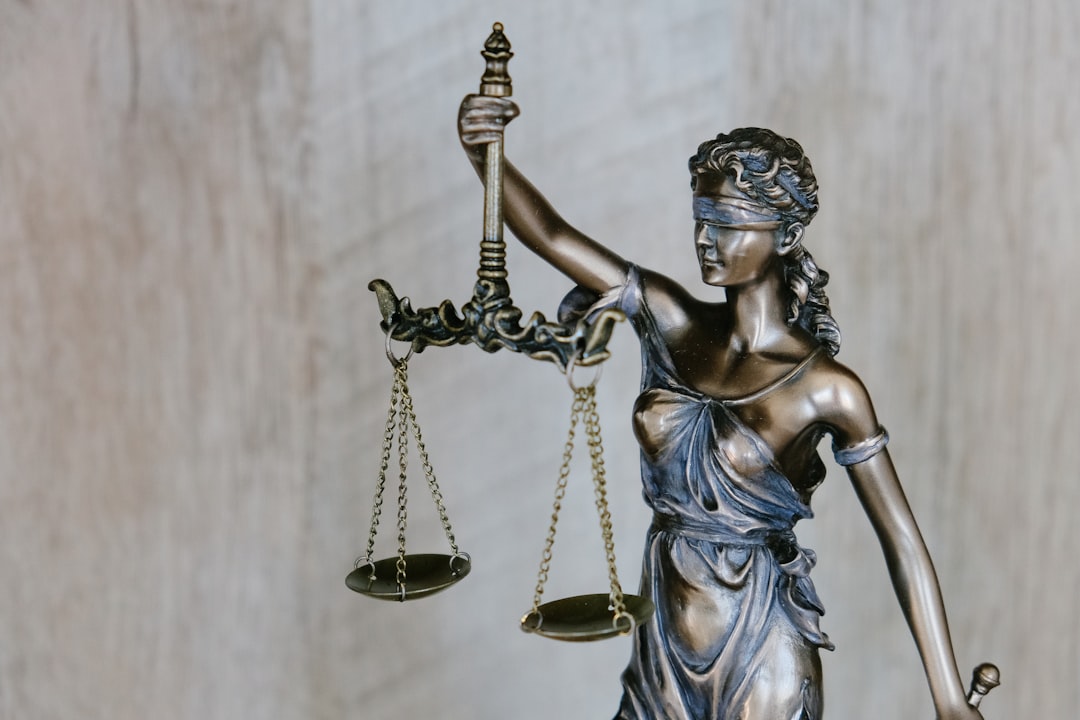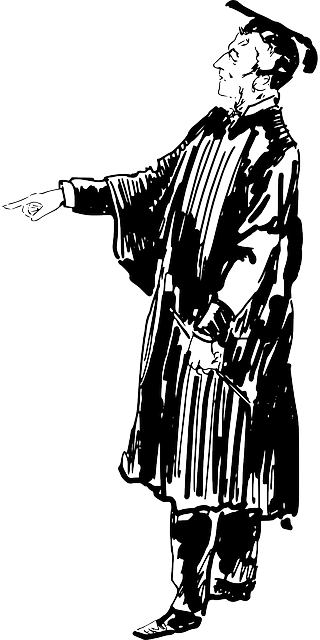In Newark, New Jersey, a skilled rape law firm navigates complex sexual assault cases by prioritizing consent as a legal foundation. They meticulously collect and analyze evidence like DNA, medical records, witness testimonies, and digital communications using advanced techniques to ensure justice. Digital era advancements, including GPS data analysis and online evidence, further strengthen their cases. Expert testimonials from medical professionals, SANEs, and forensic scientists complement this comprehensive approach, making rape law firms in Newark, NJ key advocates for victims' rights and justice.
In Newark, NJ, understanding what evidence can strengthen a sexual assault case is crucial. This comprehensive guide delves into the various forms of proof admissible in rape trials, from medical and forensic insights to digital and testimonial accounts. Navigating the complex legal landscape requires knowledge of local rape laws, as evidenced by real-world scenarios involving a Newark rape law firm. Recognizing the importance of each type of evidence can significantly impact outcomes for victims seeking justice.
Understanding the Legal Definition of Sexual Assault in Newark, NJ

In Newark, NJ, sexual assault is defined as any form of non-consensual sexual contact or behavior that violates a person’s bodily integrity. This includes rape, which involves penile penetration, and other forms of sexual intrusion. The key element in these cases is consent—the absence of a clear, enthusiastic, and ongoing agreement to engage in sexual activity. Understanding what constitutes consent is crucial for both legal proceedings and victim support.
Newark’s rape law firm handles cases that often involve complex evidence and testimonies. Key pieces of evidence in sexual assault cases can include physical evidence like DNA samples, medical records detailing injuries or examinations, and any photographs or videos relevant to the incident. Additionally, witness testimony—from bystanders, friends, or family members—can play a significant role in corroborating or disputing claims. Text messages, emails, or other digital communications may also be used as evidence of consent (or its absence). A rape law firm in Newark, NJ, will guide victims through this process, ensuring their rights are protected and that they receive the support they need to navigate the legal system.
Types of Evidence Collected at the Scene of a Rape

In the aftermath of a sexual assault in Newark, NJ, crucial evidence can be collected from the scene to support or defend against charges. This includes physical evidence like hair, fibers, and bodily fluids, which can be analyzed in laboratories using advanced techniques. For instance, DNA testing has become an indispensable tool in rape law firms across Newark, helping to identify perpetrators and exonerate the innocent.
Additionally, medical records from hospitals or clinics where victims seek treatment are vital. These records document injuries, sexual assault kits (SAKs), and any evidence collected during examinations. Testimonies from witnesses who were present at the scene, along with video surveillance footage if available, can also significantly strengthen or weaken cases. A rape law firm in Newark, NJ, would meticulously gather and preserve such evidence to ensure a fair and just outcome for all parties involved.
Medical and Forensic Evidence: Key Players in Sexual Assault Cases

In sexual assault cases, medical and forensically collected evidence play a pivotal role in navigating the complexities of rape law in Newark, NJ. These types of evidence are crucial components that aid in building a compelling case. Forensics experts collect and analyze various items such as clothing, bodily fluids, and physical injuries to provide irrefutable proof. Medical professionals, including doctors and nurses, conduct thorough examinations, documenting any visible injuries or abnormalities, which can serve as critical evidence in court.
A rape law firm in Newark, NJ, often relies on this medical and forensically collected evidence to support their client’s claims and ensure justice is served. These experts work diligently to preserve and interpret data, providing a clear picture of what occurred during the assault. The accuracy and timely collection of such evidence are essential, as it can make or break a case, ultimately influencing the outcome in court.
Digital and Electronic Evidence: A Modern Twist on Rape Law

In today’s digital age, sexual assault cases in Newark, NJ, often involve a unique and powerful type of evidence: digital and electronic data. This modern twist on rape law has significantly impacted how prosecutors build their cases. Cell phone records, social media posts, emails, and online messages can all serve as crucial pieces of evidence, providing a detailed account of the victim’s movements and interactions with the accused. For instance, GPS data from a cellphone can pinpoint a person’s location during a specific time frame, which can corroborate or contradict an accused person’s alibi.
A rape law firm in Newark, NJ, specialising in these cases understands the intricate process of extracting and presenting this digital evidence. They employ experts who can retrieve and analyse data from various sources, ensuring its admissibility in court. This technology not only strengthens the prosecution’s case but also helps in identifying patterns and motives, ultimately seeking justice for victims.
Testimonial Evidence: The Role of Victims, Witnesses, and Experts

In sexual assault cases, testimonial evidence plays a pivotal role in presenting the facts and circumstances surrounding the incident. The testimony of victims is instrumental in sharing their experiences and providing firsthand accounts of what transpired. Their words can offer crucial insights into the details of the assault, including dates, locations, and the sequence of events. Additionally, witnesses who were present during the incident can corroborate or provide further evidence, helping to strengthen the case.
Beyond victims and witnesses, experts in various fields may be called upon to offer their specialized knowledge. For instance, medical professionals can testify about physical injuries, sexual assault nurse examiners (SANEs) can provide detailed accounts of examinations, and forensic scientists can analyze evidence like DNA or other biological samples. A rape law firm in Newark, NJ, would leverage these expert testimonies to construct a compelling legal argument, ensuring that all available evidence is presented under the guidance of experienced professionals.





